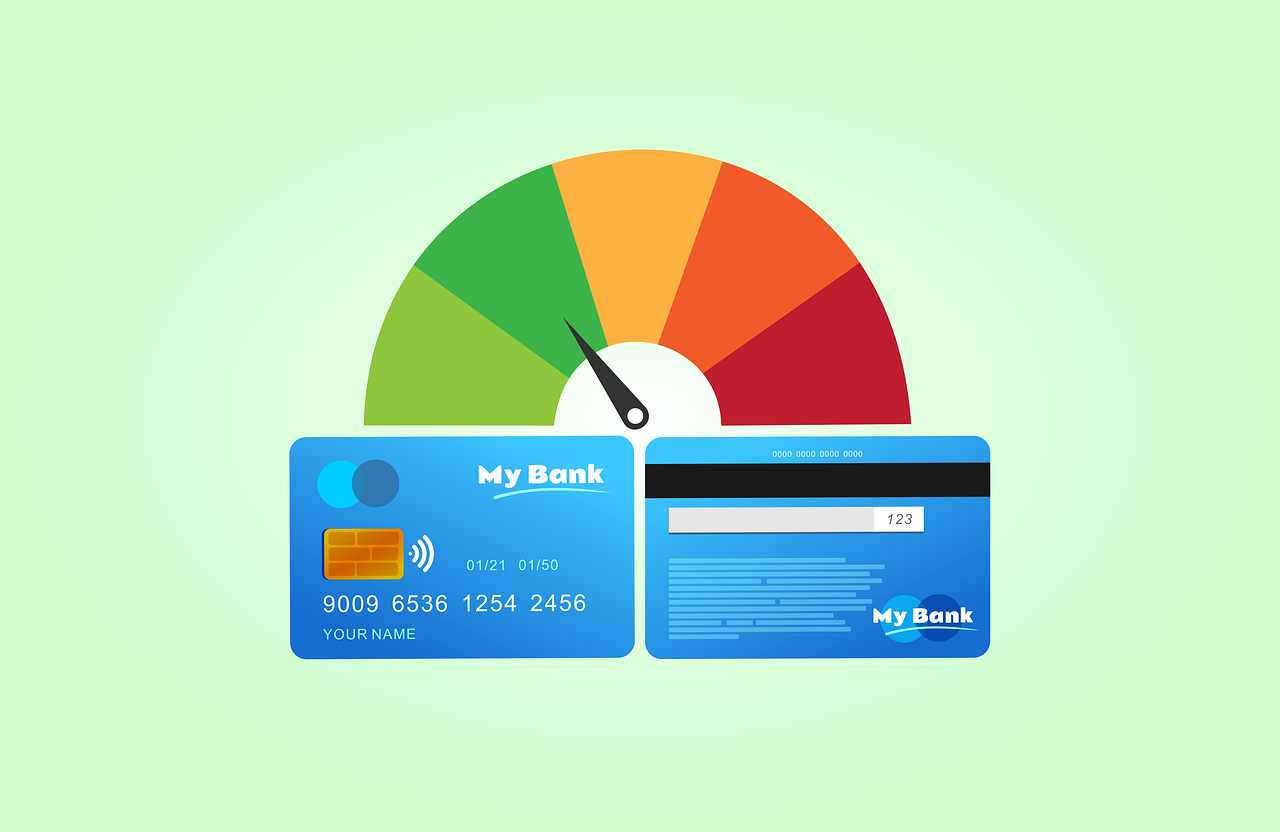A good credit score is essential for financial success, especially if you plan to apply for loans, credit cards, or even rent a property. In Pakistan, many people struggle with maintaining a healthy credit score due to a lack of awareness about its importance. This article will explain simple and effective steps you can take to improve your credit score quickly.
| Action | Impact on Credit Score |
|---|---|
| Pay bills on time | Improves payment history significantly. |
| Reduce credit card usage | Lowers credit utilization ratio. |
| Check credit report | Identifies and corrects errors. |
| Avoid new credit | Stabilizes your credit history. |
Pay Your Bills on Time
Paying bills on time is one of the most critical factors in improving your credit score. Late payments can negatively affect your credit history and make lenders hesitate to trust you. Whether it’s your utility bills, credit card payments, or loan installments, ensure they are paid before the due date. Set reminders or use automatic payment options to avoid missing deadlines. Consistency in timely payments quickly boosts your credit score and shows financial responsibility.
Reduce Credit Card Usage
Your credit utilization ratio is the percentage of your credit limit that you use. A high utilization ratio indicates that you are heavily dependent on credit, which lowers your score. To improve this, try to use less than 30% of your credit limit. For example, if your limit is Rs. 100,000, aim to use less than Rs. 30,000. Paying off your credit card balances and avoiding unnecessary expenses can help reduce this ratio quickly.
Check and Correct Credit Report Errors
Inaccuracies in your credit report can harm your credit score without your knowledge. Regularly check your credit report for errors, such as incorrect payments or unrecognized accounts. In Pakistan, the State Bank’s eCIB system allows individuals to check their credit history. If you spot an error, contact the relevant financial institution immediately to correct it. Fixing such errors can lead to a rapid improvement in your credit score.
Avoid Applying for New Credit
Each time you apply for a new loan or credit card, lenders perform a “hard inquiry” on your credit report, which can slightly lower your score. Applying for multiple credit accounts within a short time makes you appear financially unstable. To improve your credit score quickly, avoid applying for new credit unless absolutely necessary. Focus on maintaining your existing accounts and demonstrating responsible behavior.
Pay Off Outstanding Debts
If you have any outstanding debts, prioritize paying them off. Start with smaller debts or those with higher interest rates to reduce the financial burden. Clearing debts not only improves your credit score but also reduces financial stress. Use any extra money, like bonuses or savings, to pay off loans faster. This shows lenders that you are serious about managing your finances.
Keep Old Credit Accounts Open
Closing old credit accounts may seem like a good idea, but it can negatively affect your credit score. Length of credit history is an important factor in calculating your score. Older accounts show your ability to manage credit over time. Instead of closing unused accounts, keep them open and use them occasionally for small purchases. This helps maintain a long and healthy credit history.
Conclusion
Improving your credit score quickly requires consistent effort and financial discipline. By paying bills on time, reducing credit usage, and avoiding new credit applications, you can make noticeable improvements in a short period. Additionally, monitoring your credit report and addressing errors ensures that your score reflects your true financial behavior. A better credit score not only increases your chances of getting loans but also offers lower interest rates and better financial opportunities.
FAQs
1. How long does it take to improve a credit score?
While small improvements can be seen in a few months, significant changes may take six months to a year of consistent effort.
2. Can paying off all debts instantly improve my credit score?
Yes, paying off debts can improve your score, but the impact depends on other factors, such as payment history and credit utilization.
3. Is it possible to build a credit score without using credit cards?
Yes, you can build a credit score by paying off loans, making timely utility payments, and maintaining a positive financial history.
